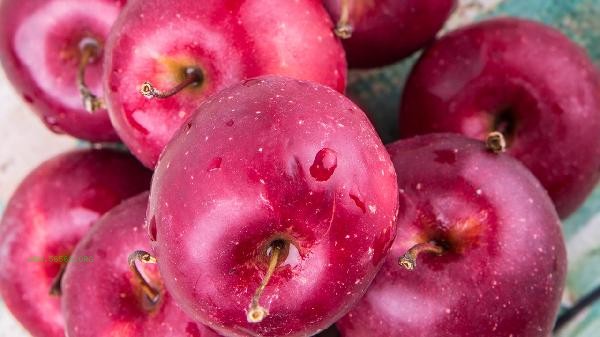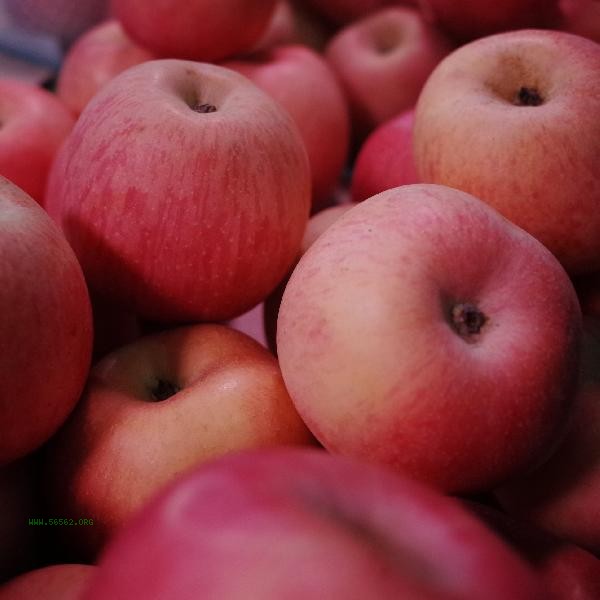Peeled apples can generally be eaten the next day in the refrigerator, but it is necessary to observe whether there is oxidation, discoloration, or spoilage. After peeling apples, they are prone to oxidation and yellowing when exposed to air. refrigeration can delay this process, but improper storage may still breed bacteria. After peeling apples and exposing them to air, polyphenol oxidase in the flesh reacts with oxygen to cause browning, which does not affect safety but affects taste. The low temperature environment of the refrigerator can slow down enzyme activity and microbial growth rate. It is recommended to tightly wrap peeled apples with plastic wrap or soak them in diluted salt water before placing them in a sealed box for refrigeration. If there is obvious stickiness, odor or mold on the surface of the apple, it is not edible. In some cases, apples may spoil prematurely due to contamination from knives or storage containers, especially during high temperatures in summer when refrigerator temperature fluctuations can accelerate spoilage. Even if there are no abnormalities in appearance, it is recommended that people with low immunity, such as pregnant women, young children, or the elderly, consume it on the same day. Peeled fruit pulp that has been refrigerated for more than 24 hours will significantly lose nutrients such as vitamin C.

It is recommended to choose glass sealed containers for daily storage of peeled fruits to avoid mixing with easily contaminated foods such as raw meat. Before consumption, the oxidized surface can be removed and paired with yogurt or nuts to improve taste and increase nutrient intake. If you need to store for a long time, you can cut the apple into pieces and freeze it quickly for making milkshakes or baking, but the taste will become soft after thawing.










Comments (0)
Leave a Comment
No comments yet
Be the first to share your thoughts!